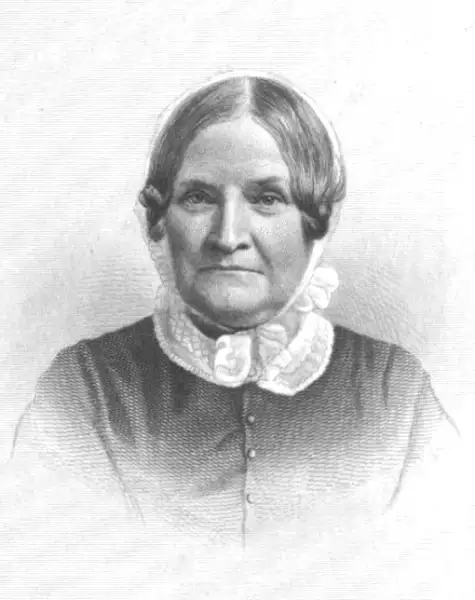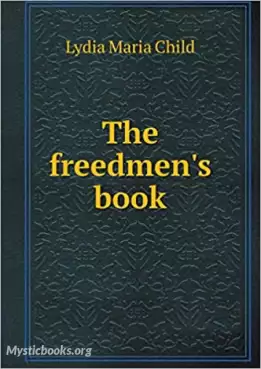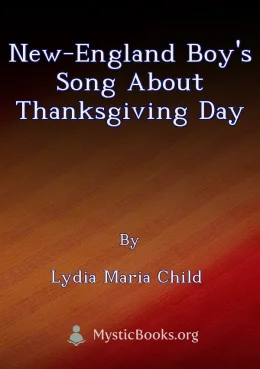
Timeline
Title
Country/Nationality
Lydia Maria Child
Lydia Maria Child was an American abolitionist, women's rights activist, Native American rights activist, novelist, journalist, and opponent of American expansionism.
Her journals, both fiction and domestic manuals, reached wide audiences from the 1820s through the 1850s. At times she shocked her audience as she tried to take on issues of both male dominance and white supremacy in some of her stories.
Despite these challenges, Child may be most remembered for her poem "Over the River and Through the Wood." Her grandparents' house, which she wrote about visiting, was restored by Tufts University in 1976 and stands near the Mystic River on South Street, in Medford, Massachusetts.
Lydia Maria Francis was born in Medford, Massachusetts, on February 11, 1802, to Susannah (née Rand) and Convers Francis. She went by her middle name, and pronounced it Ma-RYE-a. Her older brother, Convers Francis, was educated at Harvard College and Seminary, and became a Unitarian minister. Child received her education at a local dame school and later at a women's seminary. Upon the death of her mother, she went to live with her older sister in Maine, where she studied to be a teacher. During this time, her brother Convers, by then a Unitarian minister, saw to his younger sister's education in literary masters such as Homer and Milton. In her early 20s, Francis lived with her brother and met many of the top writers and thinkers of the day through him. She also converted to Unitarianism.
Francis chanced to read an article in the North American Review discussing the field offered to the novelist by early New England history. Although she had never thought of becoming an author, she immediately wrote the first chapter of her novel Hobomok. Encouraged by her brother's commendation, she finished it in six weeks and had it published. From this time until her death, she wrote continually.
Francis taught for one year in a seminary in Medford, and in 1824 started a private school in Watertown, Massachusetts. In 1826, she founded the Juvenile Miscellany, the first monthly periodical for children published in the United States, and supervised its publication for eight years. After publishing other works voicing her opposition to slavery, much of her audience turned against her, especially in the South. The Juvenile Miscellany closed down after book sales and subscriptions dropped.
In 1828, she married David Lee Child and moved to Boston.
Lydia Francis taught school until 1828, when she married Boston lawyer David Lee Child. His political activism and involvement in reform introduced her to the social reforms of Indian rights and Garrisonian abolitionism. She was a long-time friend of activist Margaret Fuller and frequent participant in Fuller's "conversations" held at Elizabeth Palmer Peabody's North Street bookstore in Boston.
Child died in Wayland, Massachusetts, aged 78, on October 20, 1880, at her home at 91 Old Sudbury Road. She was buried at North Cemetery in Wayland. At her funeral, abolitionist Wendell Phillips shared the opinion of many within the abolition movement who knew her, "We felt that neither fame, nor gain, nor danger, nor calumny had any weight with her."
Books by Lydia Maria Child

The Freedmen's Book
Lydia Maria Child, an American abolitionist, compiled this collection of short stories and poems by former slaves and noted activists as an inspiration to freed slaves. In her dedication to the freedmen, she urges those who can read, to read these st...

New-England Boy's Song About Thanksgiving Day
LibriVox volunteers bring you two different recordings of The New-England Boy’s Song About Thanksgiving Day, by Lydia Maria Child, to celebrate Thanksgiving, 2006. This was the weekly poetry project for the week of November 19th, 2006.